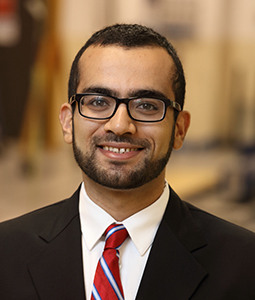
Ahmed A. Alshareef
Dr. Alshareef's research interests include injury biomechanics, experimental characterization of biological tissue, computational biomechanics, and magnetic resonance imaging (MRI).
The Mechanical Engineering Department is comprised of a world-class faculty and a talented staff. Three of our faculty are members of the National Academy of Engineering, and many are fellows of professional societies or teaching and research award recipients. Our caring staff support our faculty and students so they can achieve their scholastic and educational goals and work for an even better tomorrow.

Dr. Alshareef's research interests include injury biomechanics, experimental characterization of biological tissue, computational biomechanics, and magnetic resonance imaging (MRI).
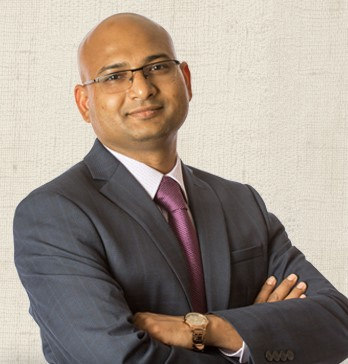
Dr. Banerjee's expertise and research interest include Computational NDE/SHM, Material State Awareness, Smart Structure/Energy Harvesting, Mechatronics/Robotics, Biomimetic, and Metamaterials.
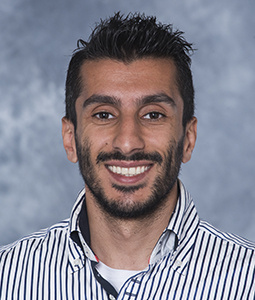
Dr. Barazanchy’s research focuses on computational mechanics and aerospace structures; currently projects involve: (i) electromagnetic simulations for induction welding of thermoplastic composites; (ii) the optimization of steered fiber laminates; and (iii) composite design and manufacturing.
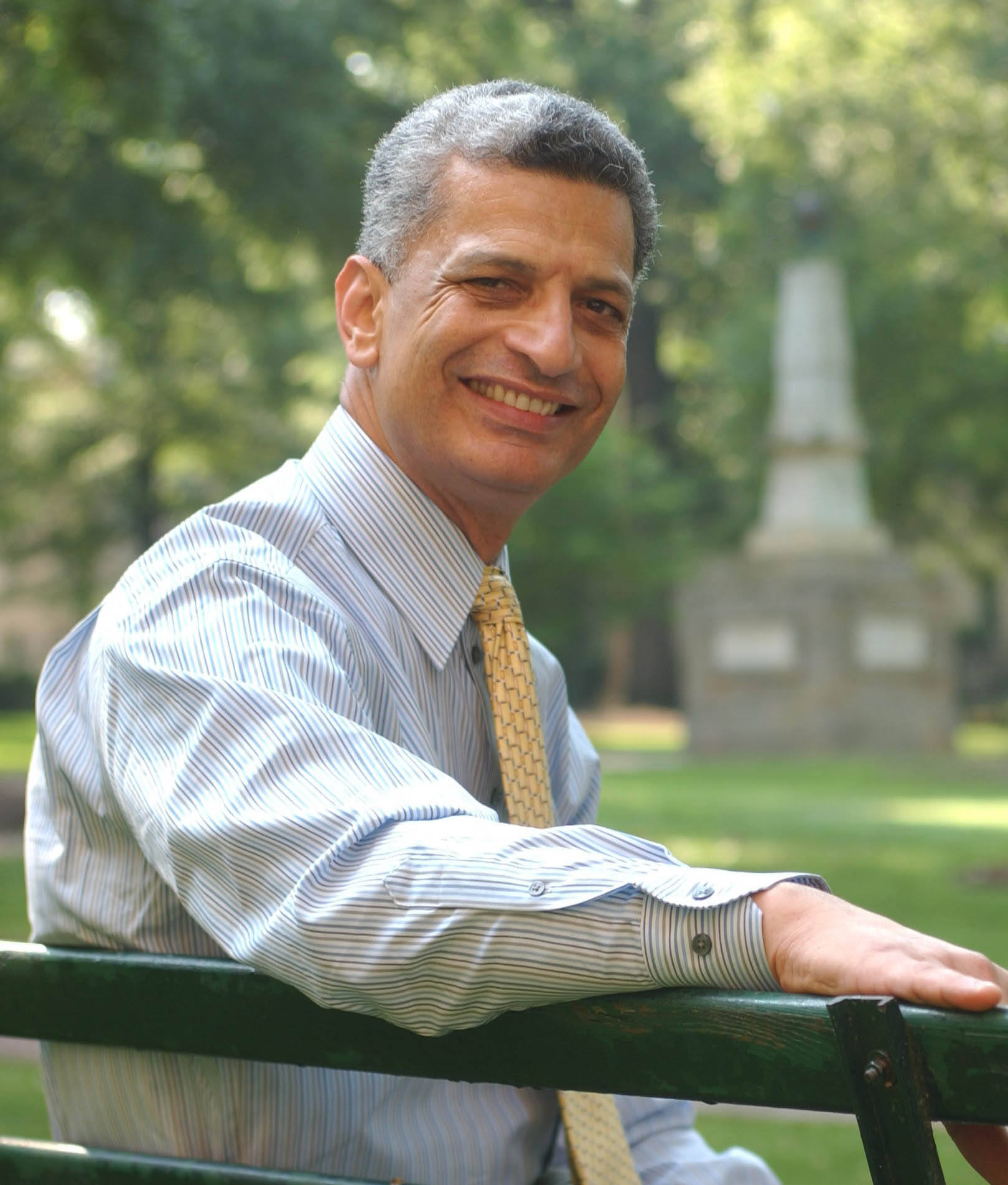
Dr. Bayoumi's current areas of interest are: (1) study of Condition-Based Maintenance (CBM) on military aircraft, (2) Micro-Electro Mechanical Systems (MEMS) and Mechatronics, and (3) design and applications of efficient energy resources and systems.
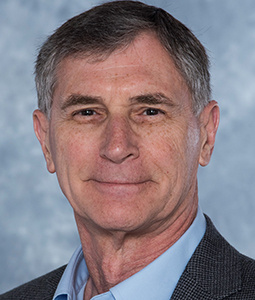
SmartState Endowed Chair in Energy and Nuclear Security, Professor of Mechanical Engineering, and Adjunct faculty in Chemical Engineering, with research interests including thermochemical experiments and modeling for nuclear fuel development and in-reactor behavior, and development of advanced nuclear waste forms.
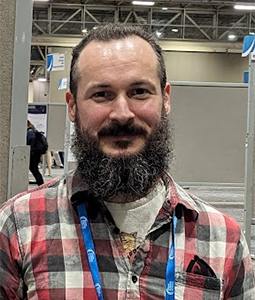
Douglas Dahl's work focuses on perception of the littoral environment using vision and radar-based systems.
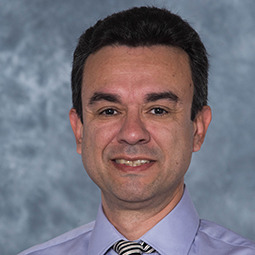
Dr. Carrilho’s research and interests include product design and analysis, modeling of manufacturing processes, nuclear fuel material, structural and thermo hydraulic performance, experimental and finite element analysis of structures and components, experimental and finite element/volume analysis of fluid flow and heat transfer.
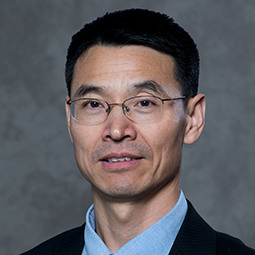
Dr. Chen’s research interests include synthesis and characterization of materials for energy conversion and storage, catalysis and electrocatalysis, composition, structure & property relationship, ionic and electronic conducting ceramics, solid oxide fuel cells, solid oxide electrolysis cells, and gas separation membranes.
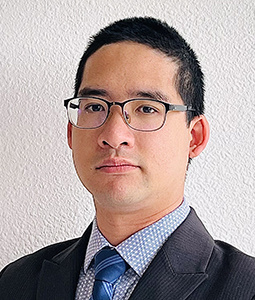
Shyuan (Jeffrey) Cheng is an Assistant Professor of Mechanical Engineering in the Molinaroli College of Engineering and Computing at USC.
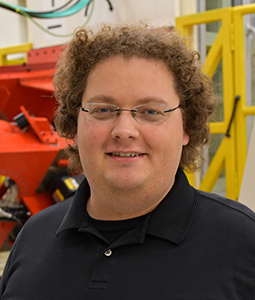
Wout De Backer is an Assistant Professor at the Thermoplastics 3D Printing Laboratory and SmartState Center for Multi-functional Materials and Structures.
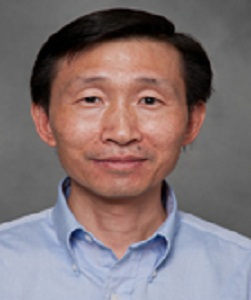
Dr. Deng's research and interests include nanomechanics/atomistic simulation, fracture mechanics/crack-growth simulation, manufacturing process modeling/simulation (friction stir welding, metal cutting, GMA welding).
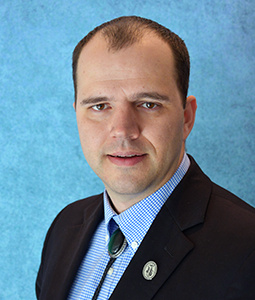
Dr. Downey's research focuses on developing advanced sensing, model updating, and control solutions. All while leveraging AI/ML, edge computing, and custom hardware platforms to enable real-time state estimation and control across air and ground robotic systems, power systems, battery technologies, additive manufacturing, and infrastructure monitoring.

Dr. Dryer has over 45 years of applications-driven fundamental research experience in thermal sciences relevant to space and air-breathing propulsion, fossil and renewable energy conversion related to ground transportation and stationary power generation, combustion-related pollutant mitigation, and fire safety.
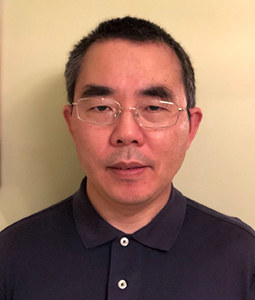
Dr. Ruixian Fang's research interests include predictive modeling, sensitivity/uncertainty methods for critical and subcritical nuclear systems, thermal-hydraulic safety analysis of advanced small modular reactors, heat transfer and fluid flow with phase changes, applied computational fluid dynamics, and thermal management of large-scale engineering systems.
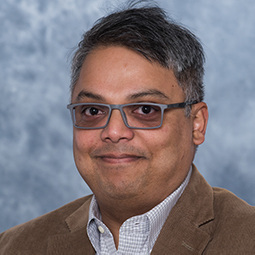
Dr. Farouk’s expertise is in the general area of Reacting Thermal Fluid Sciences involving plasma, combustion multiphase reacting flow, chemical-kinetics-turbulence interaction and energy systems. His research interests are in multi-scale, multi-physics computational model development for studying complex phenomena e.g. plasma discharge, micro-nano scale systems.

Dr. Giurgiutiu's research interests span active materials, smart structures, structural health monitoring, mechatronics, and other multi-physics applied mechanics topics. Dr. Giurgiutiu has published several books and book chapters and many journal articles and conference papers. He is Fellow of the Royal Aeronautical Society (RAeS) and of the American Society of Mechanical Engineers (ASME). He is Associate Editor of the Aeronautical Journal of RAeS.
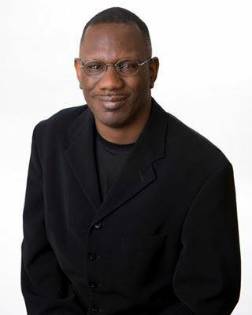
Dr. Glenn’s technical research involved developing a novel approach to potentially reducing the potency of asthma triggers produced in indoor environments. In any environment, allergens are bound to dry dust particles. The effectiveness of using dry ice, essential oils with CO2 through CFD modeling and an ELISA assay was investigated. Dr. Glenn’s present passion is S.T.E.M education along with engineering education research.

Joshua Gray is an experienced engineer with a diverse background ranging from educational instruction and mentoring roles, extensive experience in research and development environments, entrepreneurial start-ups and community-based non-profit social work.
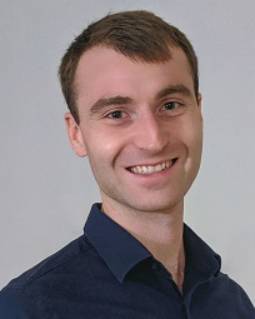
With a background in solid mechanics, interests are centered on the mechanical properties of materials. Specific topics of interest include: Design, fabrication, and characterization of architected materials; especially those with nanoscale constituents, the use of full field experimental data for the calibration of material models, plasticity and fracture behaviors of materials.
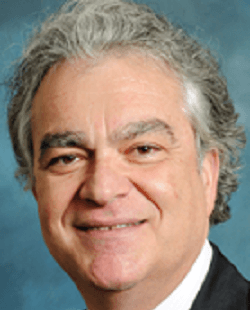
Dr. Gürdal’s research interests are in structural and multidisciplinary design and optimization, design and optimization of composite materials and structures, and computational methods for design with manufacturing emphasis. His research has largely been funded by NASA Langley Research Center and Air Force Office of Scientific Research (AFOSR) in the US, and EU Research Frame work programs in Europe.
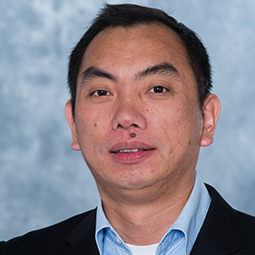
Dr. Hu's research interests include modeling and simulation of micro-/nano-scale thermal transport in novel energy systems, in particular low-dimensional materials and nanostructures, and energy nanotechnology, interfacial heat transfer for advanced thermal management, and multi-scale and multiphysics modeling of complex energy transport process.
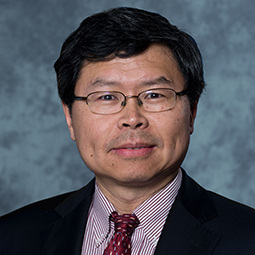
SmartState Endowed Chair in Solid Oxide Fuel Cells, Professor of Mechanical Engineering, and Adjunct faculty in Chemical Engineering, with research interests including solid oxide electrochemical cells, storage batteries, gas separation membranes, solid state defect chemistry and electrochemistry.
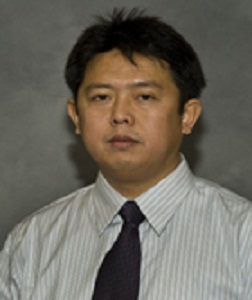
Dr. Huang's research interests include mechanics and durability of functional and structural composite materials, in particular, composite materials in polymer electrolyte membrane fuel cells, solid oxide fuel cells, structural composites, and coatings.
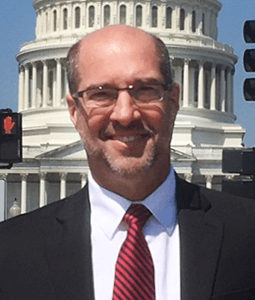
Westinghouse Fellow Engineer with experience in PWR safety analyses and fuel design as well as additive manufacturing and licensing.
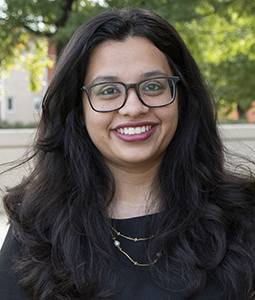
Ashwini Karmarkar's research focuses on experimentally characterizing the effects of fuel properties on combustion performance and the durability of jet engines.
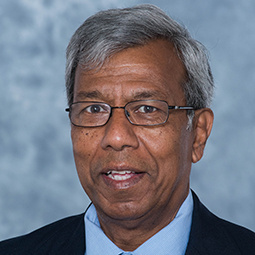
Dr. Khan's research interest include modeling of manufacturing processes, temperature distribution during machining, heat transfer and fluid flow with phase change, computational and experimental fluid dynamics related to contaminants transport in rooms, heat transfer in porous media, micro-channel heat transfer, thermodynamic analysis of IC Engines, CFD analysis of combustion processes etc.
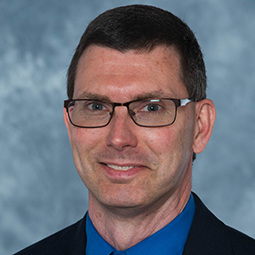
Dr. Knight's research and interests are in the areas of advanced nuclear fuels and materials, nuclear safeguards, nuclear fuel cycle, alternative uses of nuclear power including hydrogen, space nuclear power and propulsion.
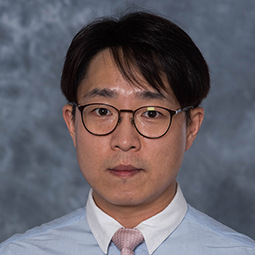
Dr. Lee's research interests lie at the intersection of synthesizing functional oxide materials by atomic control, understanding energy conversion and storage mechanisms as well as the physicochemical properties of materials, and applying a fundamental understanding to design advanced energy conversion and storage devices including solid oxide fuel cells, solid-state batteries, solar thermoelectric generators, and solar to fuel energy conversion devices.
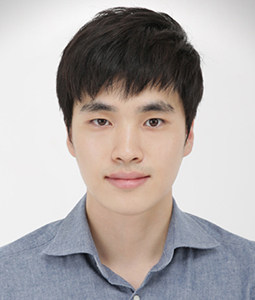
Dr. Lee is an Assistant Professor in the department of Mechanical Engineering at the University of South Carolina. His expertise and research interests include stability theory, optimal control, multiagent systems, network control, and stochastic systems and control.
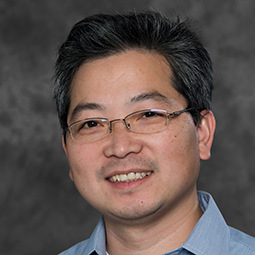
Dr. Li's research interest are micro/nano-scale two-phase heat and flow physics, prediction, control and modeling. Aim at basic research in developing and verifying theories for two-phase transport behaviors and the application of these theories towards controlling two-phase heat and flows at micro/nano-scale.
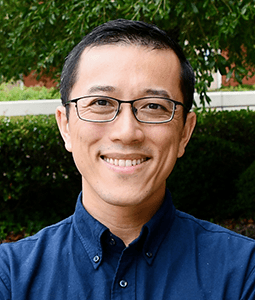
Dr. Ling's research is focused on the high-fidelity modeling and simulation of multiphase flows and heat transfer in thermal-energy and aerospace applications.
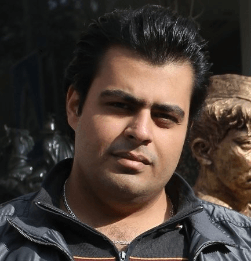
Dr. Mostafa Mobli is Interested in numerical solutions to problems involving reactive flows and heat transfer.
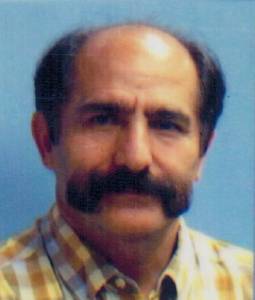
Dr. Riahi-Nezhad’s broad areas of specialization are based on innovative combinations of fluid mechanics, separation science, and heterogeneous catalysis.
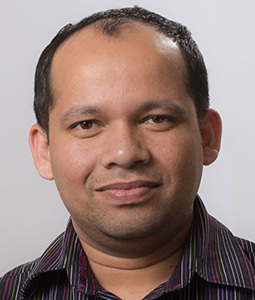
Dr. Paul’s research interest includes Energy storage liquid for solar technologies, Heat transfer with phase change, Numerical methods in conjugate heat and mass transfer problem,Thermal management of microelectronics, and Heat transfer and moisture migration problems in building environment.
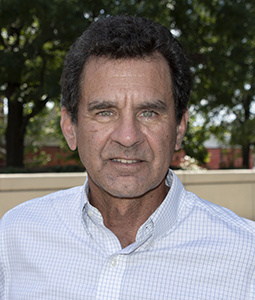
John Petta develops and teaches courses for the College of Engineering and Computing's Industrial Engineering program. Courses include Production Engineering and Management, Introduction to Industrial Engineering, as well as Capstone projects.
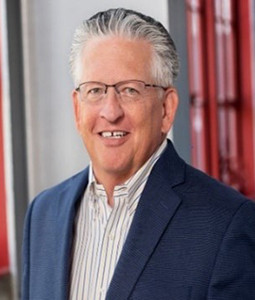
Mark Pérès is dedicated to the advancement of nuclear energy as part of the global solution to improve human quality of life and reduce harm to the planet caused by pollution. He has over forty years of experience in nuclear power and hazardous waste facility design, licensing, construction, commissioning, engineering, operations, and decommissioning. He is currently the President of Pérès Engineering LLC and a PhD candidate and Adjunct Professor in Nuclear Engineering at University of South Carolina. His research focus is on coal plant repowering with nuclear heat and on small modular reactor and microreactor design and deployment.

Dr. Roberts' research and interests include materials performance in nuclear reactors, product design, manufacturing and concurrent engineering.
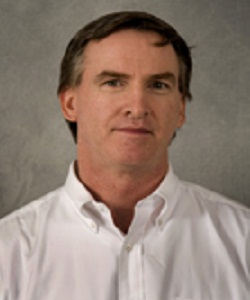
Dr. Rocheleau’s group has interest in machine design and machine component design. His group has done work in optimizing the design of epicyclic gear trains to ensure long life and reduced noise. Work has also been done in helping small to medium size companies in a wide area of product design issues.
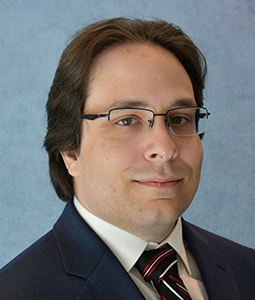
Dr. Rodriguez specializes in nanoscale simulation and machine learning for thermal/mechanical characterization of materials. Areas of interest include molten salt liquids, high entropy alloys, and thermoelectric materials especially in extremely high-temperature environments.
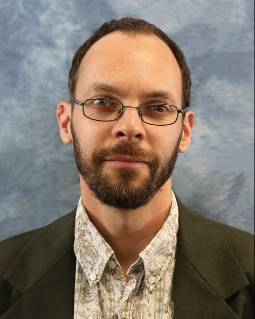
Dr. Sabalowsky’s expertise is in project based design and computational method. His research involves Environmental Engineering
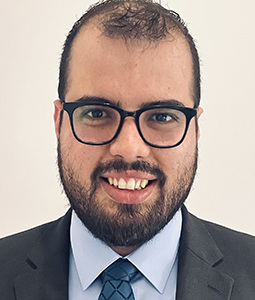
Dr. Schorne-Pinto's research interests span a wide range of advanced materials, from ceramics and alloys to nuclear fuels and molten salts, developing thermodynamic databases, and experimental work on radioactive and non-radioactive materials.

Dr. Sepahvandi is an adjunct faculty member in the Department of Mechanical Engineering. Her research focuses on advanced computational modeling, electromagnetic field applications, and simulated microgravity in tissue engineering. She is dedicated to developing interdisciplinary approaches that integrate materials science, mechanics, and biomedical engineering to advance regenerative technologies.
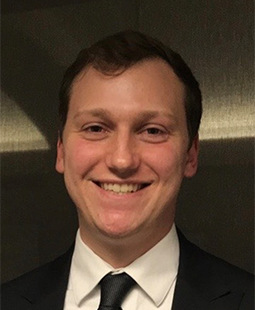
Dr. Sevart’s research interests focus on data-driven methods for modeling, control, and optimization of engineering systems. Specific physical phenomena considered include aeroservoelasticity, blast responses, engine health monitoring, multi-phase flow, and conjugate heat transfer with radiation.
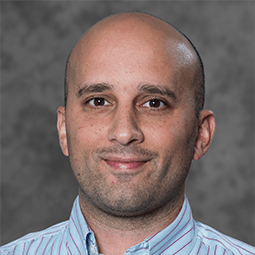
Dr. Shazly is the Graduate Director of the Biomedical Engineering Program at the University of South Carolina. His research is focused on defining and characterizing relevant tissue properties for clinical applications and rationally designing polymeric biomaterials that leverage local biology to enhance therapeutic gain.
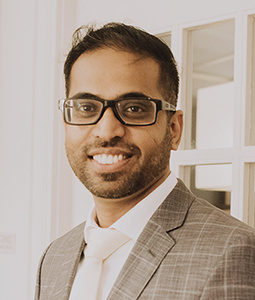
Dr. Sockalingam’s research interests include development of advanced composite materials that are light weight and stronger through a multiscale experimental and computational approach for aerospace, automotive and defense applications.
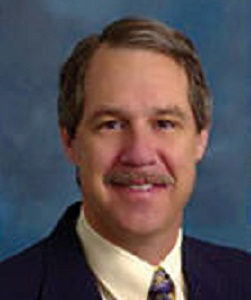
Dr. Sutton's research and interests include coherent and incoherent optics applications, experimental mechanics, digital image processing, computer vision, applications of integral methods and experimental mechanics, boundary valve problems, plastic fracture mechanics, and finite elements modeling of cracked bodies.
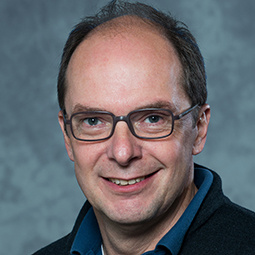
Dr. Van Tooren's research interest include Design Automation, Knowledge Based Engineering, Alternative aircraft concepts, Composite aircraft fuselages, Aircraft Certification, Systems Engineering and Road vehicle aerodynamics.
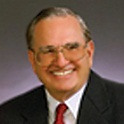
Prof. Tulenko is an Adjunct Professor of Mechanical and Nuclear Engineering at the University of South Carolina. His research interests include nuclear fuel cycle, focusing on the processing, fabrication and in-core and ex-core performance of nuclear fuel, multi-scale simulation of nuclear fuel
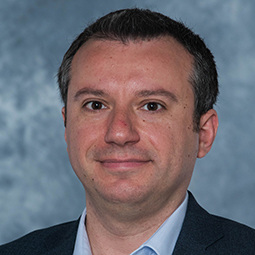
Dr. Vitzilaios’ research interests are in the broad area of Autonomous Unmanned Systems and include Robotics, Intelligent Systems, Mechatronics, Unmanned Aircraft Systems (UAS), perception and autonomous navigation of mobile robots, operational autonomy, field robotics, robot teams, automation, control systems, and machine learning.
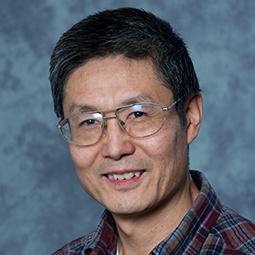
Dr. Wang's research and interests include micro/nanofluidics, lab-on-a-chip, far field optical nanoscopy, super-resolution imaging, cancer detection, fluorescence spectroscopy, tissue engineering, fluid dynamics, turbulence and mixing.
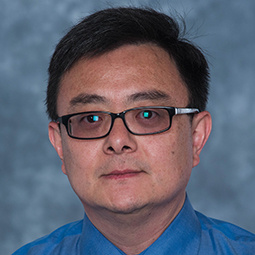
Dr. Wang’s research interests include Computational and data-enabled science and engineering (CDS&E) and its applications in multiphysics and multiscale systems engineering, including fluid structural interaction, microfluidics/nanofluidics, thermal and energy management, additive manufacturing, among others.
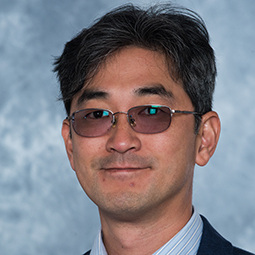
Dr. Won's interest are experimental and numerical energy conversion physics, including experimental characterization of chemical kinetic behaviors for conventional and alternative fuels, development of predictive chemical kinetic models for real fuel combustion, plasma-assisted combustion, fundamental combustion physics, and quantitative laser diagnostic techniques.
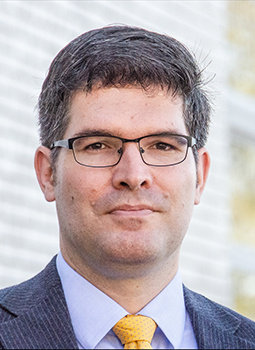
Dr. Thorsten Wuest is a Full Professor in Mechanical Engineering in the Molinaroli College of Engineering and Computing at the University of South Carolina. His research focusses on Smart and Advanced Manufacturing, Machine Learning/Data Analytics, AI/ML and Hybrid Analytics, Industry 4.0, Servitization and Product Service Systems, as well as closed-loop, item-level Product Lifecycle Management (PLM) with a focus on Smart Manufacturing Systems.
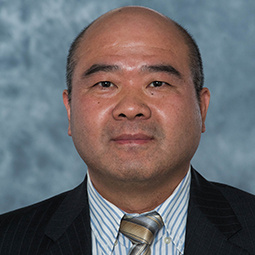
Dr. Xue’s research interests include Solid Oxide Fuel Cells, Solid Oxide Electrolysis Cells, Gas Separation Membranes, Materials for Electrochemical Energy Conversion and Storage, Reliability and Durability of Functional and Structural Materials, Transport Phenomena and Electrochemical Kinetics.
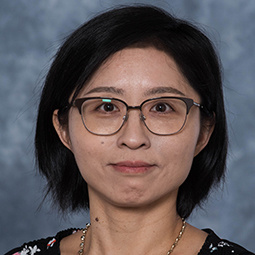
Dr. Lingyu Yu’s research interests include structural health monitoring (SHM) and nondestructive evaluation (NDE) using ultrasonic guided waves supported by active sensor technology, theoretical modeling, advanced signal processing and data analysis; damage diagnosis in complicated structures; scanning laser vibrometry for guided wave propagation; and mechatronics.
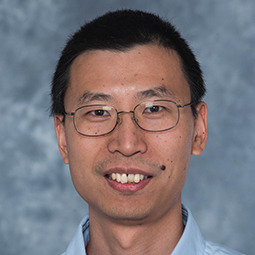
Dr. Yuan’s research focuses on microstructure and defect formation during alloy solidification for Additive Manufacturing, casting and remelting technologies. His research interests also include Integrated Computational Materials Engineering, discrete element modeling, process development and optimization for additive, nucleation, X-Ray imaging and diffraction of solidification phenomena and data sciences.
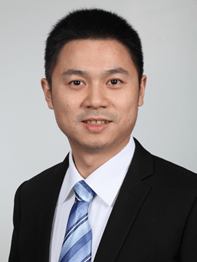
Dr. Zhou's research focuses on understanding the fundamental strengthening, deformation and failure mechanisms of advanced structural materials, by integrating both experimental and computational approaches, and provide a scientific basis for design and processing advanced materials with superior properties.
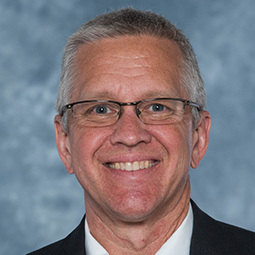
Dr. Ziehl oversees and maintains an active research program in the areas of structural prognostics, nondestructive evaluation, in-situ load testing, repair and strengthening, composite materials, and prestressed/reinforced concrete structures.
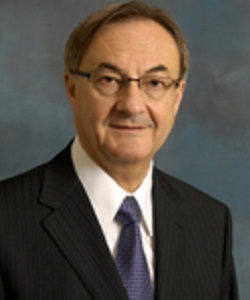
Dr. Caccui is the former director of the Center of Economic Excellence in Nuclear Science and Energy
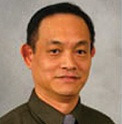
Dr. Chao's research and interests include theoretical and experimental studies on failure, fracture and fatigue of materials and structures, welding modeling for residual stress and distortion, impact mechanics for material characterization and failure criterion, biomechanics and nanomechanics, and the durability of PEM fuel cell systems.
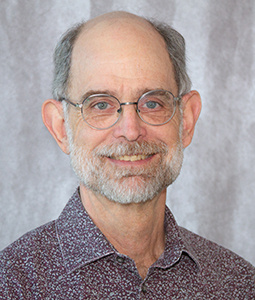
Expertise of Dr. Jed Lyons includes material structure-property-processing relationships, engineering education, and higher education administration.
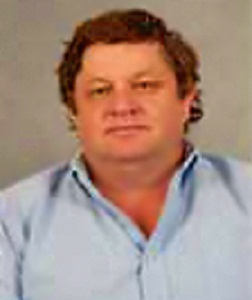
Dr. McNeill's research and interests include computer vision, digital image correlation, microprocessors, experimental mechanics and reverse engineering.
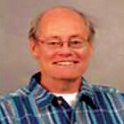
Dr. Morehouse and his students have investigated a broad range of thermodynamic heat engine applications, ranging from space-based fuel cell power systems to ground-coupled heat pumps to phase change storage systems.

Dr. Peters' research and interests include Complex Systems Study and Design.
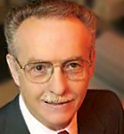
Dr. Reifsnider's research and interests include durability, damage tolerance and strength-life relationships in material systems; performance of life prognosis, aging, material state changes, long term behavior; fuel cell science and engineering.
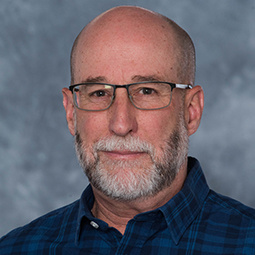
Dr. Reynolds' research and interests include friction stir welding, fatigue and fracture, experimental micro-mechanics, quantitative fractographic analysis.
Can't find who you're looking for? Visit our faculty/staff directory »